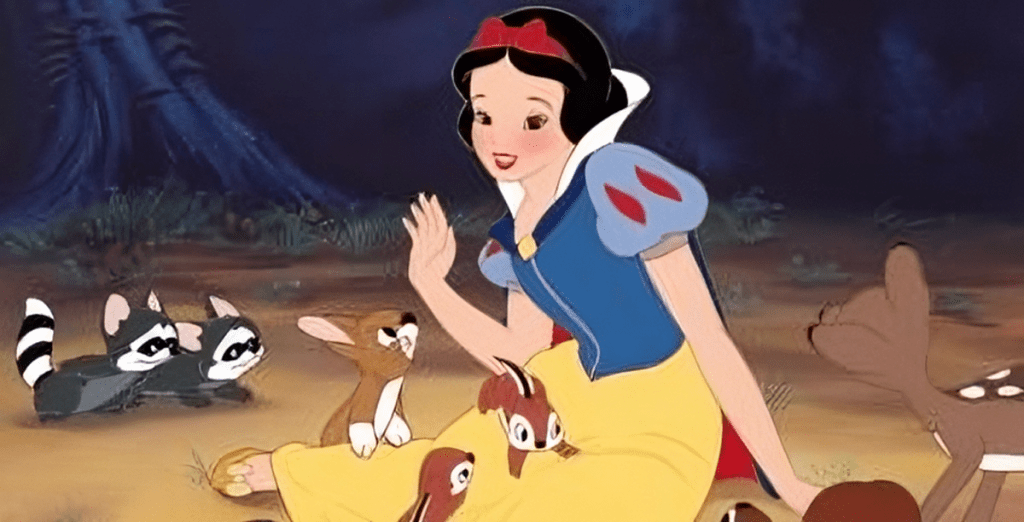Snow White and the Seven Dwarfs, Disney’s first full-length animated feature, has enchanted audiences for generations since its release in 1937. As a beloved cultural artifact, the film has been recognized by the United States Library of Congress as “culturally, historically, or aesthetically significant.” However, as society evolves, so too does the lens through which we view stories from the past. Recently, a heated debate has emerged, urging Disney to update the plot of Snow White to better align with modern values, particularly concerning the concept of consent.

The controversy is primarily focused on one of the movie’s most famous scenes: the kiss that awakens Snow White from her cursed sleep. While this scene has long been seen as a romantic climax, modern audiences are increasingly viewing it through a critical lens. The issue? Snow White is unconscious, unable to consent to the kiss, which some argue promotes a troubling message about consent and autonomy.
Journalist and broadcaster Nichi Hodgson has been vocal in her criticism, stating that Disney added the kiss, which was not part of the original Grimm story. Hodgson argues that Disney, as a powerful entity with significant influence over young audiences, has a moral duty to promote ethical storytelling. “Disney has a moral duty. They can be an ethical business if they want to be. They make billions every year from their films. Children watch their films from a very young age, and these are some of the first stories they encounter,” Hodgson remarked.
The discussion has gained traction, with celebrities like Kristen Bell adding their voices to the mix. Bell, known for her role in Disney’s Frozen, revealed in an interview with Parents magazine that she discusses the scene with her children, questioning the ethics of the prince’s actions. “Don’t you think it’s weird that the prince kisses Snow White without her permission? Because you cannot kiss someone if they’re sleeping!” Bell pointed out, emphasizing the importance of teaching children about consent from an early age.
As with many debates that touch on cherished childhood memories, public opinion is sharply divided. Some argue that the criticism is misplaced and that the scene should be viewed within the context of a fairytale, not through the lens of modern ethics. Others, however, believe that revisiting and revising such narratives is necessary to reflect evolving social norms.
CONTINUE READING…
Author: awestories24.com